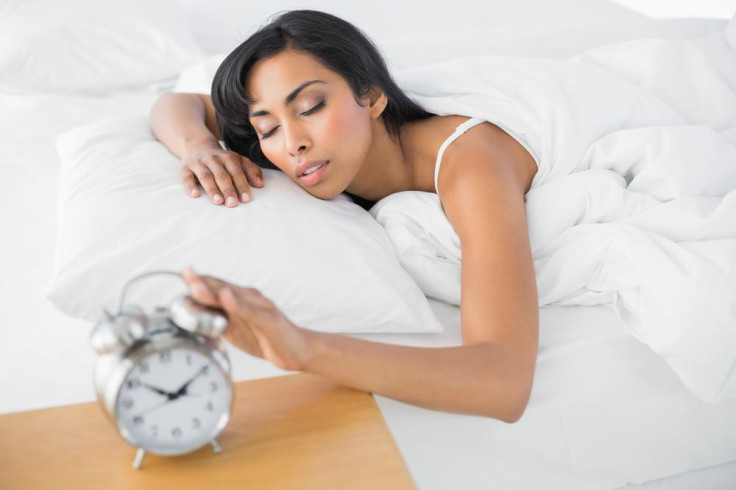Sleep Drunkenness: 1 In 7 People Are Affected By Disorder That Causes Confusion And Inappropriate Behavior When Awake

Ever feel like you’re not yourself when you first wake up? I’m not talking about a little morning grogginess. More like answering the phone when your alarm clock goes off or putting the cereal in the refrigerator and milk in the cabinet. Don’t worry. You’re not alone. A recent study published in the American Academy of Neurology’s journal Neurology sheds light on a fairly understated sleep disorder known as “sleep drunkenness” that may affect one in every seven people in the United States.
"These episodes of waking up confused have received considerably less attention than sleepwalking even though the consequences can be just as serious," Dr. Maurice M. Ohayon, lead author from Stanford University School of Medicine, said in a statement.
Ohayon and his colleagues interviewed 19,136 adults in the United States regarding their sleep habits and if they had ever experienced symptoms of sleep drunkenness. Episodes of sleep drunkenness are usually triggered by forced awakening and can result in violent behavior while forgetting the episode entirely. The research team also asked study participants about any medications they were taking and if they suffered from any mental health conditions. Confusion or inappropriate behavior caused by sleep drunkenness can occur during the night or in the morning, after or during arousal from sleep.
Although around 15 percent of the participants reported experiencing an episode of sleep drunkenness in the last year, over half said they had experienced more than one episode per week. Eighty-four percent of the group were affected by another sleep disorder, a mental health disorder, or were taking psychotropic drugs such as antidepressants, while less than one percent were not affected by a known cause or related condition. Among the participants who did experience an episode of sleep drunkenness, 37.4 percent suffered from a mental disorder, including depression, bipolar disorder, alcoholism, panic or post-traumatic stress disorder (PTSD), or anxiety.
"These episodes of confused awakening have not gotten much attention, but given that they occur at a high rate in the general population, more research should be done on when they occur and whether they can be treated," Ohayon added. "People with sleep disorders or mental health issues should also be aware that they may be at greater risk of these episodes."
Too many hours and too few hours of sleep were both associated with sleep drunkenness and people with sleep apnea stood a higher risk of being affected by the sleep disorder. Twenty percent of people getting less than six hours of sleep and 15 percent of those who got at least nine hours of sleep experienced episodes of sleep drunkenness. Around 31 percent of people affected sleep drunkenness were using psychotropic medications such as antidepressants.
Source: Ohayon M, et al. Neurology. 2014.
Published by Medicaldaily.com



























